Introduction
An interview introduction where you find your next step to build your career. If you are not prepared, then you will waste your best opportunity.
Interview questions preparation is important because,
- It gives you confidence to speak.
- You already know how to answer these questions.
- Your answer looks more professional and impactful
- Nervousness and hesitation reduce automatically
When you go prepared, you show the best version of yourself, and that confidence impresses the interviewer. When you already know the common interview questions and how to answer them, it naturally boosts your confidence and helps you respond clearly and fearlessly during the interview. Also, preparing before the interview can give you big results.
Common interview questions
Giving an interview is an important part of our career. Interview questions can be confusing sometimes, whether you are a fresher or an experienced one. To remove this confusion and nervousness, you need to be prepared for it before the interview. In this article, we will know what the common questions are that are asked in an interview and their best answer. So, let’s start with the question round.
These help interviewers understand your background and personality.
General HR Questions
Tell me about yourself – “I’m a graduate in [Your Field] with a passion for [Your Interest, e.g., digital marketing]. Over the past year, I’ve worked on projects that improved my skills in [Key Skill]. I’m now looking for an opportunity to apply my skills in a dynamic organization like yours.”
Why should we hire you? – “I believe my skills match your job requirements perfectly. I’m a quick learner, detail-oriented, and always eager to take on new challenges. I’m confident I can contribute to your team’s goals and add value from day one.”
What are your strengths and weaknesses? – “My strength is strong communication — I can clearly convey ideas and work well in a team. My weakness was public speaking, but I’ve been actively working on it by attending workshops and practicing regularly.”
Where do you see yourself in 5 years?
“In five years, I aim to take on more responsibility, lead projects, and grow as a professional in this field. I want to continuously learn and help the organization achieve its long-term goals.”
Why do you want to work with us?
“I admire your company’s work culture and innovation in the industry. I’ve read about your recent projects, and I’m excited about the opportunity to contribute and grow with your team.”
Behavioral Questions
Use the STAR method (Situation, Task, Action, Result) to answer these.
Tell me about a time you faced a challenge at work.
“In my internship, I had to complete a report with limited data. (Situation) I gathered additional information from team members and online sources. (Task) I stayed late to ensure accuracy. (Action) The final report was well-received and used in the final presentation.
Describe a time when you worked under pressure.
“During college exams, I also had a project deadline. I made a clear schedule, divided my time efficiently, and stayed focused. I submitted the project on time and performed well in exams too.”
Give an example of when you worked in a team.
“During a group project, I handled the research part. We divided tasks based on strengths, regularly communicated, and helped each other. The project received top grades.”
Situational Questions
These test your problem-solving and decision-making skills.
What would you do if your manager gave you negative feedback?
“I would listen carefully, try to understand their expectations, and work on the feedback constructively. Feedback helps me grow and improve my performance.”
How would you handle a disagreement with a teammate?
“I’d try to understand their point of view, discuss the issue calmly, and find a solution that works for both. I believe communication is key to resolving conflicts.”
What would you do if you missed a deadline?
“I’d immediately inform my manager, explain the reason, and propose a realistic new timeline. I’d also analyze what caused the delay and make sure it doesn’t happen again.”
Role-Specific/Technical Questions
These depend on the job you’re applying for.
What tools do you use for project management?
“I’ve used tools like Trello and Asana to track tasks, set deadlines, and collaborate with team members efficiently.”
Explain the difference between SEO and SEM.
“SEO is about improving organic visibility in search engines, while SEM includes paid ads to increase visibility. SEO is long-term; SEM gives faster results through ads.”
Salary & Availability Questions
What are your salary expectations?
“I’m open to discussing salary based on the responsibilities of the role and industry standards. I’m confident we can agree on a fair amount.”
When can you start working with us?
“I can join immediately”
or
“I’ll need [X days/weeks] to serve my notice period at my current job.”
Are you open to relocation or remote work?
“Yes, I’m open to both. I’m flexible and willing to work where I can be most effective.”
Additional:-
For freshers –
Questions to Expect for Freshers
What did you learn during your college/internship?
“During college, I not only gained theoretical knowledge in my field but also developed soft skills like teamwork, time management, and communication. Working on group projects and presentations taught me how to collaborate effectively and meet deadlines. I also learned the importance of research and staying updated with current industry trends.”
Why did you choose this field?
“I chose this field because it genuinely interests me and matches my skills. During my studies, I found myself enjoying topics related to this area and was naturally good at them. I also believe this field has great growth potential, and I’m excited to build a career where I can learn continuously and contribute meaningfully.”
How do you handle deadlines and pressure?
“As we all know pressure is everywhere, but we need to stay calm and organized when I’m under pressure. I usually break big tasks into smaller steps and make a priority list to manage my time well. I avoid multitasking and focus on one thing at a time. Also, I don’t hesitate to ask for help or clarification if needed. During college, I often had to manage multiple assignments and exams, so I’ve learned how to work efficiently even under pressure.”
Questions you should ask the interviewer
An interview is not just a one-sided process; in fact, it’s a conversation. When you ask questions of the interviewer, it shows your genuineness and interest in the role. And you get a better idea about the role and work culture. It creates a professional impression which is why we have to ask one to two questions at the end of the interview. Sample questions that you can ask are,
- Can you tell me what a typical day in this role looks like?
- What are the main goals or expectations for someone in this position?
- How is success measured for this role?
- What are the biggest challenges someone in this position might face?
- Are there opportunities for learning, growth, or career development?
- How would you describe the company culture?
- Is there any training provided for new joiners?
- What are the next steps in the interview process?
- What do you enjoy most about working here?
- What does the team structure look like, and who will I be working closely with?
These are the 10 sample questions, you can also ask these questions if you are going for an interview.
Tips for a successful interview-
Everyone wants to have a successful interview, but to make it successful you need to follow these basic tips.
Research the company
Before the interview, search for the company’s LinkedIn page, website, or any recent news. You must know about the services that the company offers, the mission of the company, and the work culture of the company.
When you tell all these things to the interviewer, you will be successful in impressing them.
Prepare common interview
questions
Before going for an interview, you should prepare for some common interview questions. When you go prepared, then you show the best version of yourself – and that confidence impresses the interviewer. So, go prepared before going for an interview.
Practice with mock interviews
Practice speaking with a friend or in front of a mirror to improve your confidence and fluency.
Dress professionally and be on time
Wear formal, neat, and clean clothes. Don’t overdress or underdress.
Understand your resume well
Be ready to explain everything you’ve written in your resume with real examples and clarity.
Pay attention to your body language
Pay attention to your body language. Make eye contact, smile slightly, and avoid unnecessary hand gestures. Sit straight, and be confident.
Ask questions at the end of the interview
When you ask questions of an interviewer, it shows your genuineness and your interest in the role. And you get a better idea about the role and work culture. It’s a professional impression. That’s why we have to ask 1-2 questions at the end of the interview.
Be positive and polite
Even if a question is difficult, stay calm and polite. Avoid negative comments about past experiences.
Send a thank-you email after the interview
It’s a professional gesture that leaves a strong and positive impression.
Common Interview Mistakes to Avoid
Not researching the company
If you haven’t researched anything about the company, then it is a big mistake. You should know the company’s LinkedIn page, website, or any recent news. You must know about the services that the company offers, the mission of the company, and the work culture of the company. Go with a proper research.
Arriving late – Arriving late and unprepared for your interview. It shows your responsibility towards your work. So, don’t be late and be punctual.
Being overconfident or underconfident
Over-selling yourself or appearing too nervous can both work against you. Maintain a balanced and confident tone.
Poor body language
Poor body language can lead to rejection. Pay attention to your body language. Make eye contact, smile slightly, and avoid unnecessary hand gestures. Sit straight, and be confident.
Not being able to explain your resume
Be ready to explain everything you’ve written — from projects to internships. Don’t leave gaps or give vague answers
Speaking negatively about past jobs or managers
Never badmouth a previous company or boss. It makes you look unprofessional, no matter how bad the experience was
Not asking any questions
Asking 1-2 questions in the end of interview makes a good impression on interviewer. When you ask questions of an interviewer, it shows your genuineness and your interest in the role. And you get a better idea about the role and work culture. It’s a professional impression.
Talking about salary too early
Don’t bring up salary or benefits at the start of the interview. Wait until the employer does or until later rounds.
Conclusion:-
Interview preparation doesn’t start with questions and answers — it begins with a strong resume and a well-written cover letter. To get shortlisted, your resume must be ATS-friendly and professionally designed. For that, don’t miss our article on the [Best Resume Builders], where you’ll find the top tools to create a standout resume. Along with that, a good cover letter helps you showcase your personality and interest in the role. Be sure to check out our detailed guide [How to Make a Good Cover Letter] before your next interview. These two steps set the foundation for a successful interview.
Now you don’t have to worry before going for an interview, if you have read this article properly. Prepare all questions nicely and follow all the tips to make it a successful interview.
Avoid all these mistakes for a perfect interview.
Start preparing if you have to go for an interview because your bright future is waiting for you!
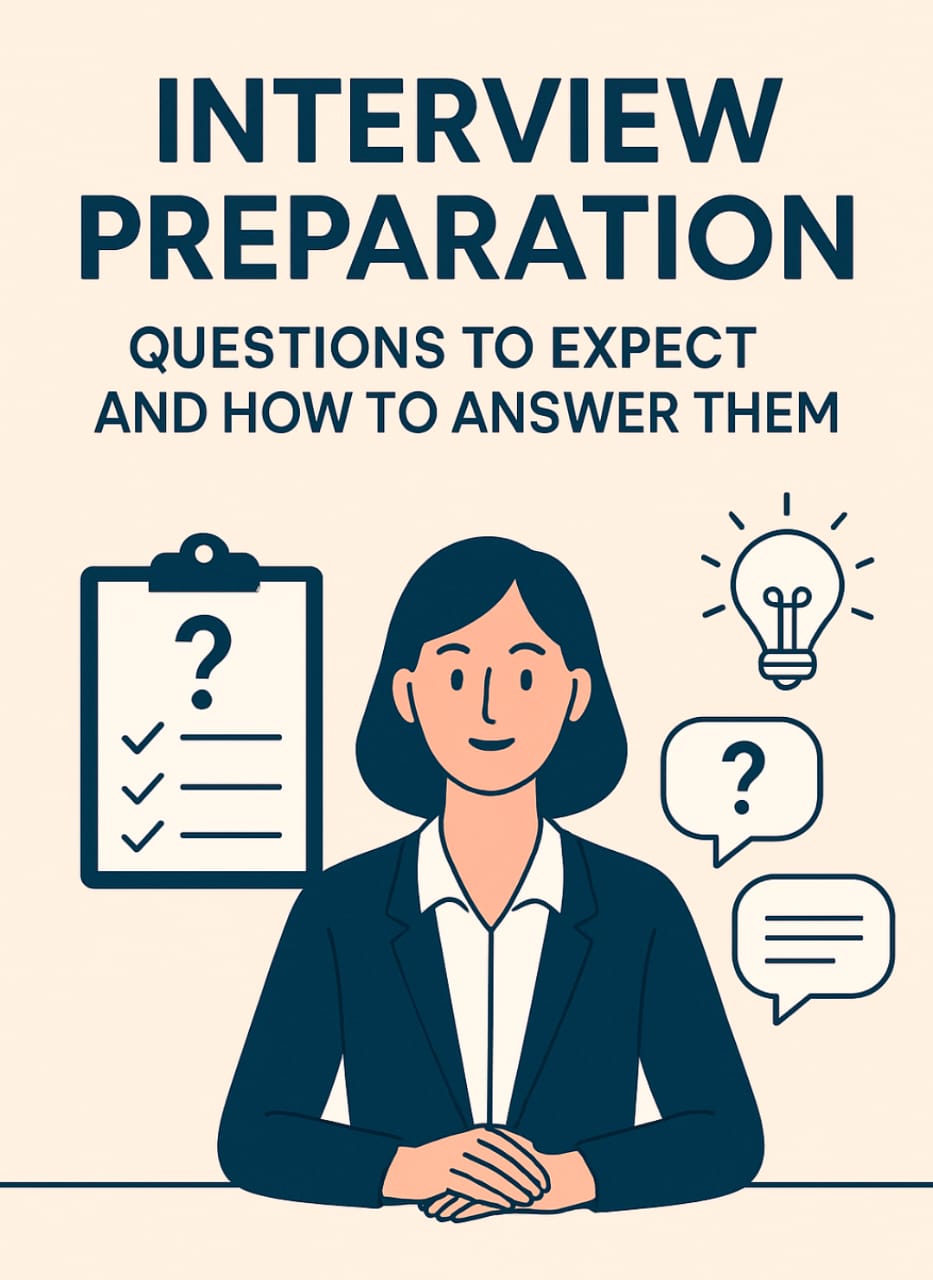

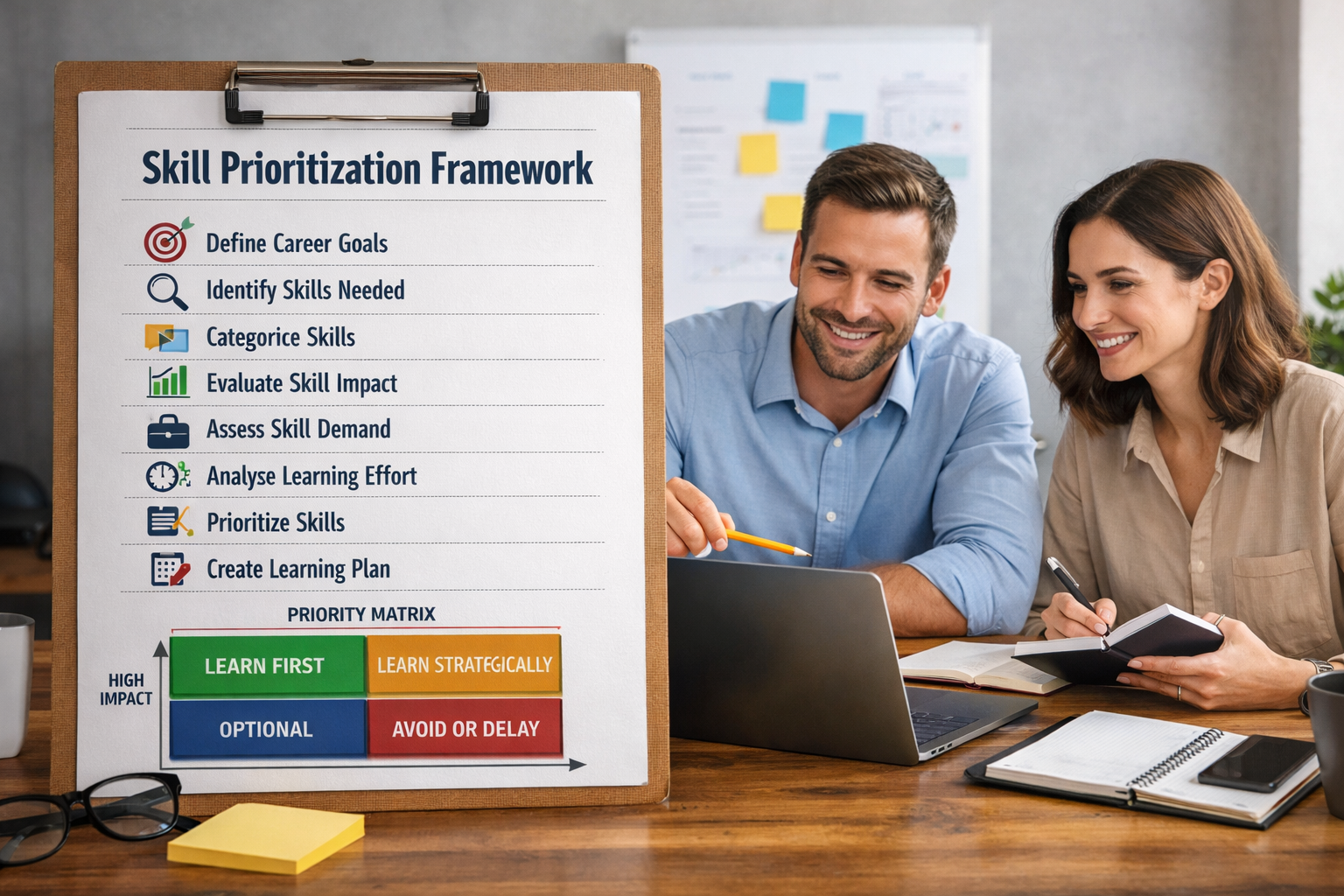
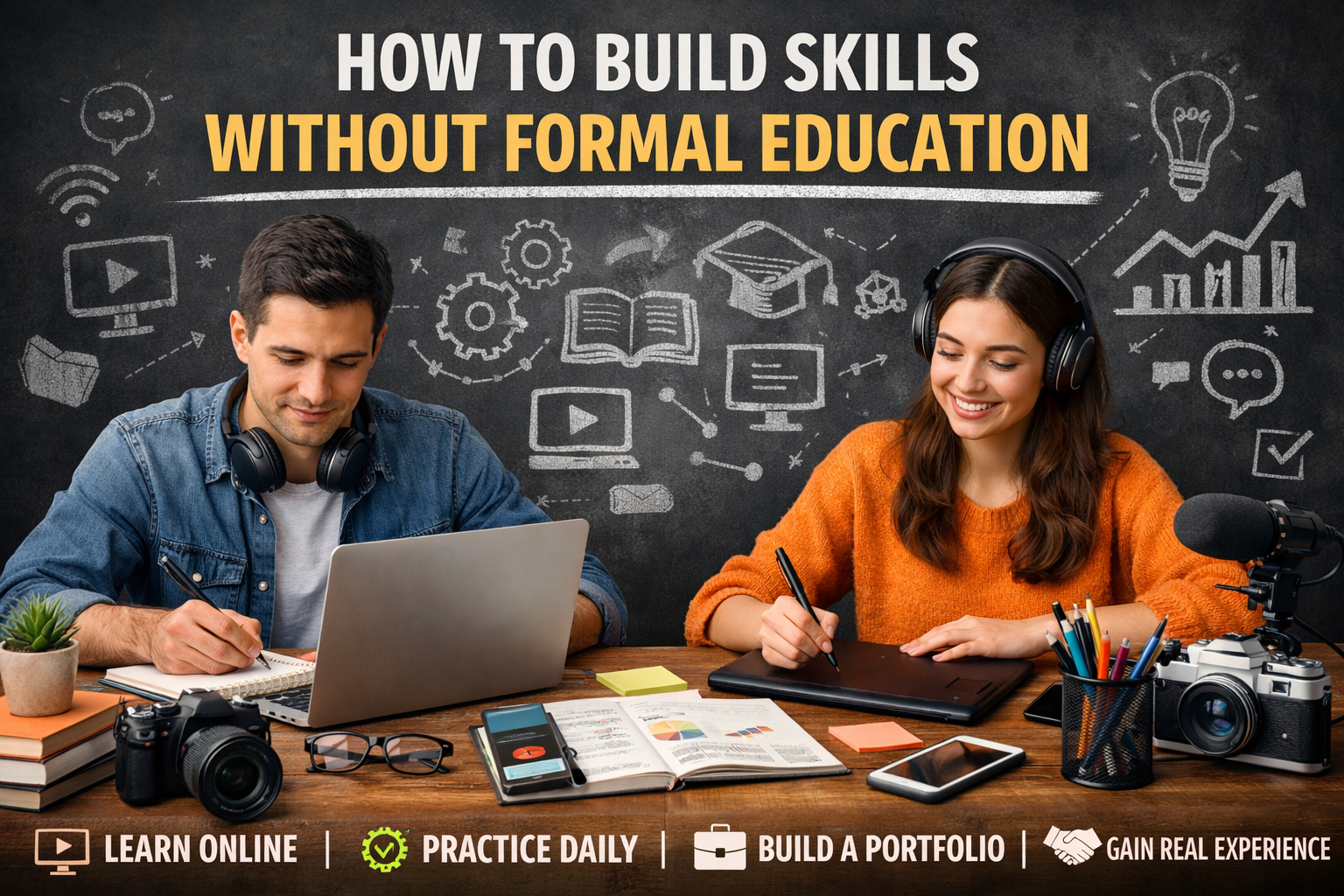
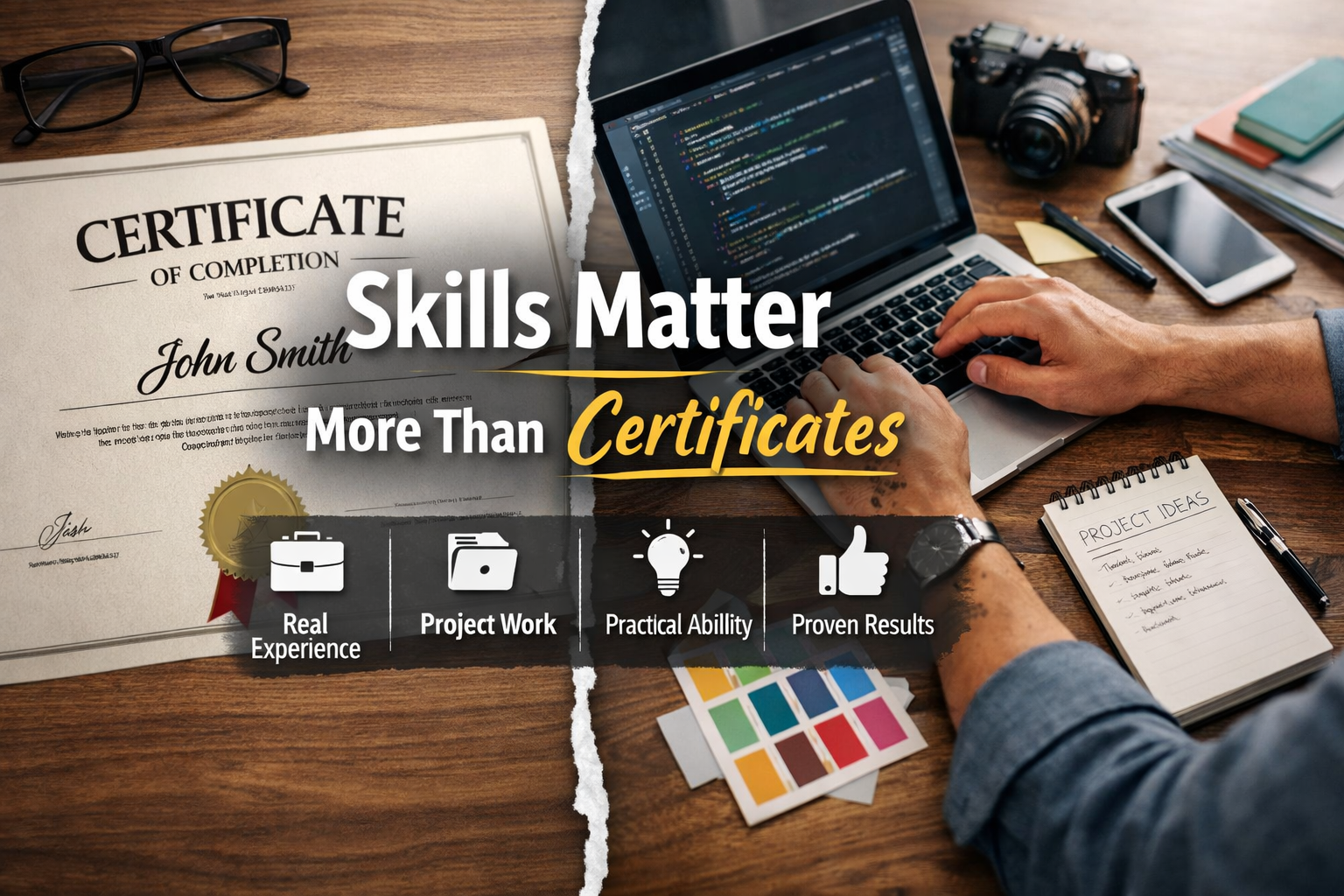
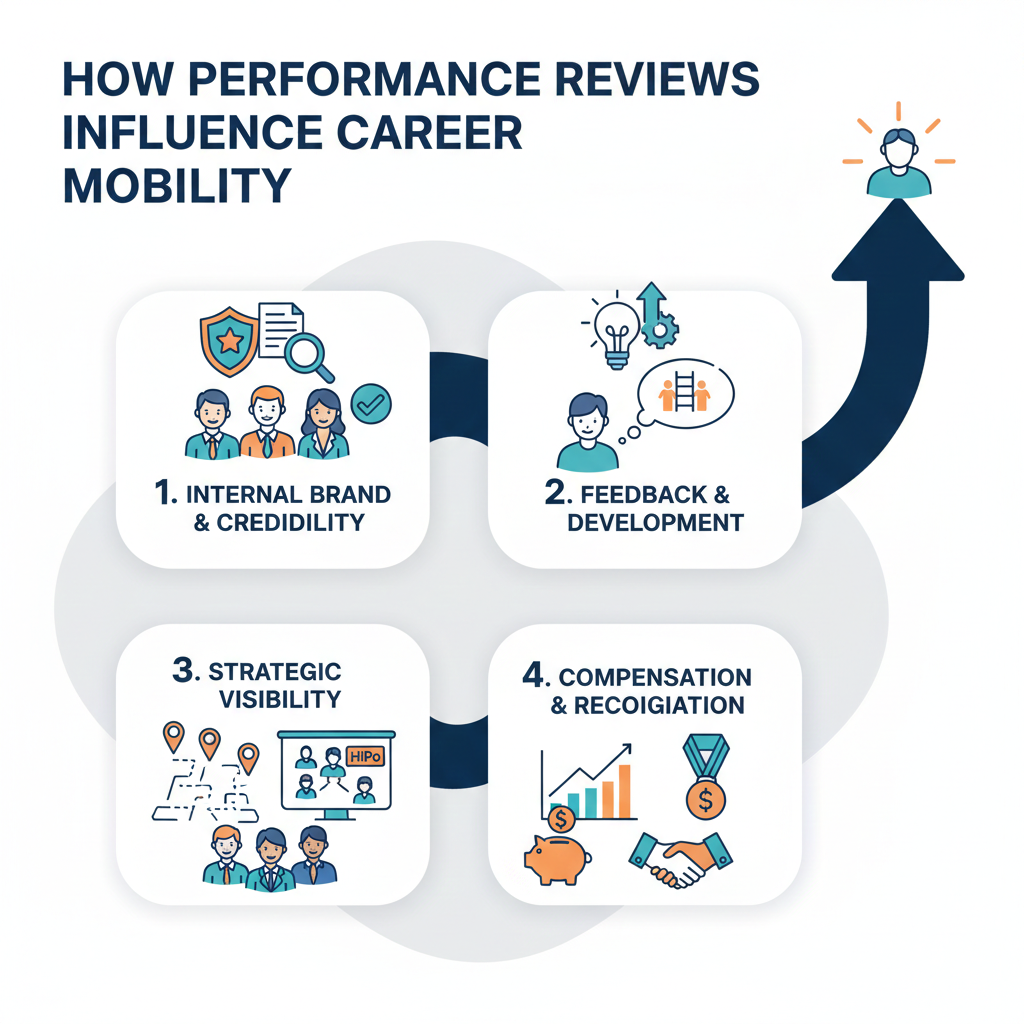
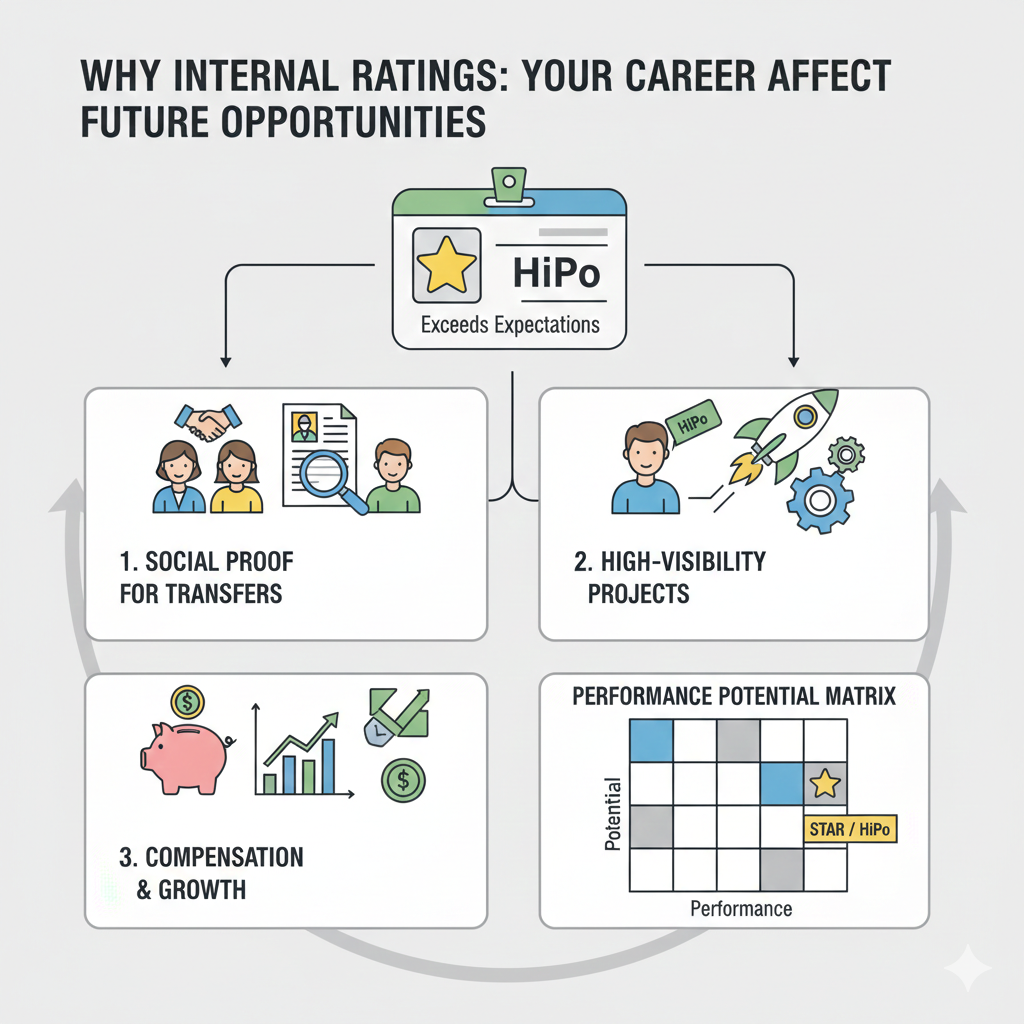
Leave a Reply